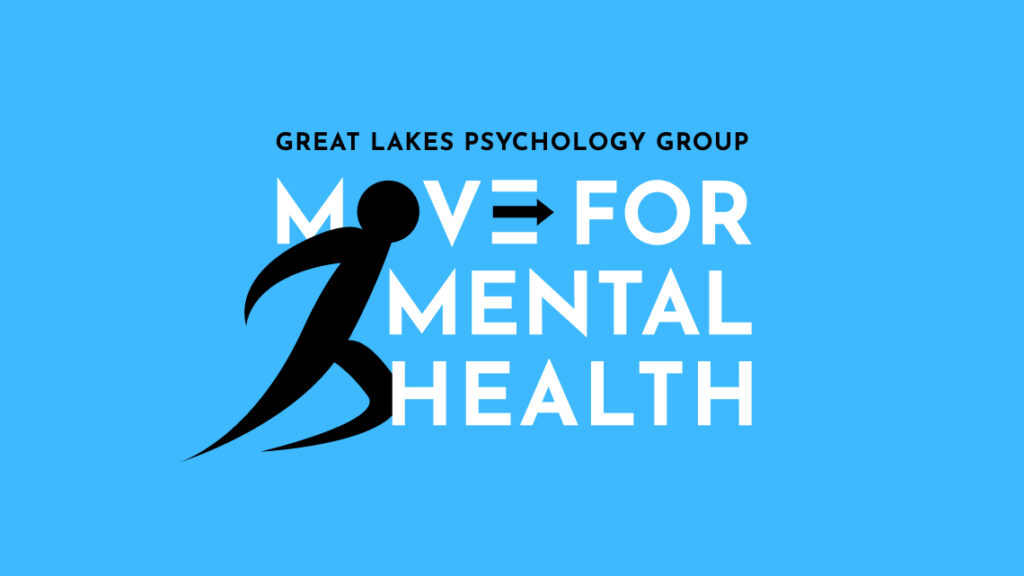Setting Attainable New Year’s Resolutions

Many people rang in the New Year with a list of resolutions. While the idea of having a New Year’s resolution is great for self-improvement, many resolutions are given up and forgotten in just a few short weeks. Learn how to not only set goals but accomplish them too by using a SMART tool for solution-focused success.
The Most Common New Year’s Resolutions
Before diving into what it means to set attainable goals, let’s bring to light some of the most common goal trends following the start of a new year.
Fitness and Weight Goals
Exercise and weight loss goals tend to top the list of most common New Year’s resolutions each year. This common resolution is also what leads to the first week of the year being the busiest gym week. However, gym attendance rates significantly decline in the weeks, and months, to follow.
Dietary Goals
Eating a healthier diet is closely related to fitness and weight goals. The start of the New Year leads many people to consider their daily dietary habits. They aim to give up fats and sweets and to incorporate more fruits and vegetables into their diets.
Career and Financial Goals
Career and financial goals may include saving more money or working toward a new career. A new year is a great time to consider the necessary steps in reaching these financial goals.
Friendship and Relationship Goals
The end of the year forces you to consider your relationships. While some might question their happiness in a romantic relationship, others might consider the quality of their friendships. They may aim to strengthen these relationships or to entirely cut them off.
Evaluating Unrealistic Goals
While setting goals is a healthy way to improve your overall life satisfaction, it is important to set goals that are realistic and attainable. Studies show that you are less likely to achieve goals when they are unrealistic.
Additionally, these unachievable goals can also negatively affect your ability to create and reach new ones, especially when dealing with weight loss goals. You may entirely lose the motivation to create and work toward advantageous life goals.
Setting Attainable Goals
When you set goals that are realistic and attainable, you are more likely to meet your goals. Many experts recommend keeping the acronym of SMART in mind when creating goals:
S – Set a goal that is specific. This means defining the specific terms of what you hope to achieve.
M – Set a goal that is measurable. Without the ability to measure your progress, it is difficult to identify any barriers that are preventing you from achieving your goal.
A – Set a goal that is attainable. Setting goals that are attainable can avoid the negative psychological risks that come with unreachable goals.
R – Set a goal that is realistic. Setting goals that are unrealistic sets you up for failure, as well as the negative psychological effects that come with the inability to achieve these goals.
T – Set a goal that is time-based. It is important to have goals with specific time limits. This allows you to pace your specific expectations throughout the year and to track your progress.
Need help getting started?
Therapy can make it easier to set realistic goals and help you keep track of the progress along the way. They help in focusing directly on what you are trying to achieve, utilizing specific techniques and treatment plans that work toward goal completion. They can also help you explore the motivating factors behind your goals.
Remember, if you’re ever in need of some motivation with setting and reaching your goals, help is always available.
Ready to prioritize your mental health?
Great Lakes Psychology Group is here to help. With an extensive network of caring therapists available to meet online or in-person, we make it easy to find the right fit for your unique needs.



